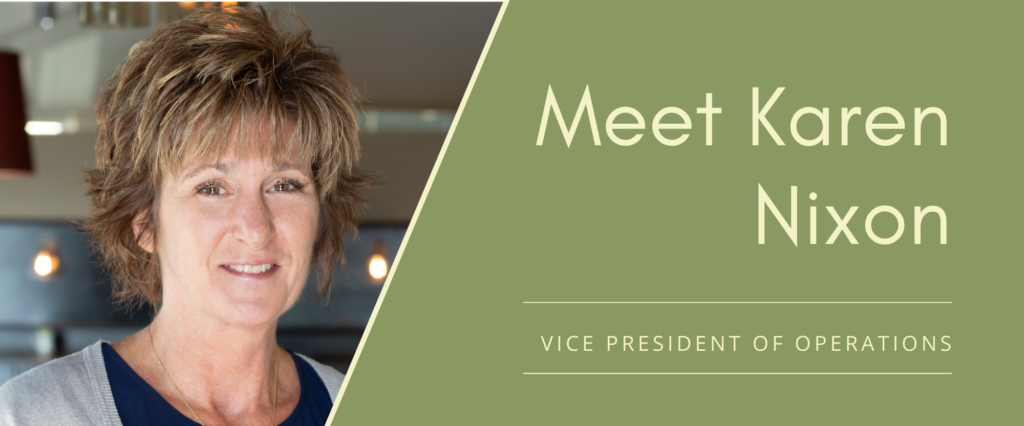Google Fiber Turns Up the Volume on Net Neutrality Debate
by James Fields
 Technology is constantly transforming the way we live. We no longer spend Friday evenings combing through the aisles in Blockbuster; instead, we stream the latest releases from Netflix or Amazon. We no longer use paper calendars to keep track of our appointments; our phones and computers are synced and updated as soon as an email comes in notifying us of a webinar via an online video conferencing site.
Technology is constantly transforming the way we live. We no longer spend Friday evenings combing through the aisles in Blockbuster; instead, we stream the latest releases from Netflix or Amazon. We no longer use paper calendars to keep track of our appointments; our phones and computers are synced and updated as soon as an email comes in notifying us of a webinar via an online video conferencing site.
As much as these advances have already changed our everyday lives, they continue to evolve, bringing even more convenience to our day-to-day. But, no matter which areas of our life they disrupt, many of these advances have something in common: the necessity of access to fast internet. Whether working from a desktop, laptop or hand-held device, consumers enjoy continuous, and typically constant, internet access. And those demands for streaming content, mobile data and cloud services put a significant strain on bandwidth.
As with all of the other technologies in our lives, internet services continue to evolve, as well. As we start to require an increasing amount of bandwidth to use the many devices allowing us to stream online, service providers are changing their terms. And that’s where net neutrality comes in.
Many don’t even fully understand the issue at hand. Net neutrality, enforced by the Federal Communications Commission, is intended to make the service provider industry a level playing field. So, instead of major providers determining what internet access consumers have based on their provider affiliation, net neutrality promises that there will be equal access to everything on the web. In other words, if I use Comcast as a provider and want to watch an ABC show rather than an NBC show, a Comcast-affiliated network, my ability to stream that show won’t be affected, nor will it take longer to load than would an NBC show.
Service providers disagree with net neutrality because they say it messes with their revenue streams. Providers could start offering tiers of service as a result — meaning consumers would be forced to pay more for access to the entire web, with the lowest paying clients only receiving access to content promoted by their service provider.
It’s quite possible that the average consumer underestimates the extent of their bandwidth use. The “Bring Your Own Device” phenomenon, wherein multiple devices are connected to the same network (think about how often you’ve heard someone asking for the Wi-Fi password either at home, work or the local coffee shop), along with the frequent use of cloud technologies, assumes that there will be access to high-speed service in most places. Without access to readily available, high-speed internet, both our workdays and simple, daily habits will be interrupted.
The net neutrality conversation will become especially important to local service providers in Nashville, as Music City has been selected for Google Fiber. It’s a given that the soon-to-be-offered high-speed, inexpensive internet will shake up the current consumer-provider relationship in the near future. What is less certain is how providers will respond and how consumers will react.
But among those uncertainties, there are a few things we know Google Fiber will bring. The latest Netflix series will be streamed without breakup, the health care and entertainment industries will have more bandwidth to innovate and create. And while the net neutrality debate ensues, Nashvillians will be bystanders reaping the benefits of the fastest internet on Earth.
This post also appeared in The Tennessean, where Concept Technology has a bi-weekly feature in the Business section.









